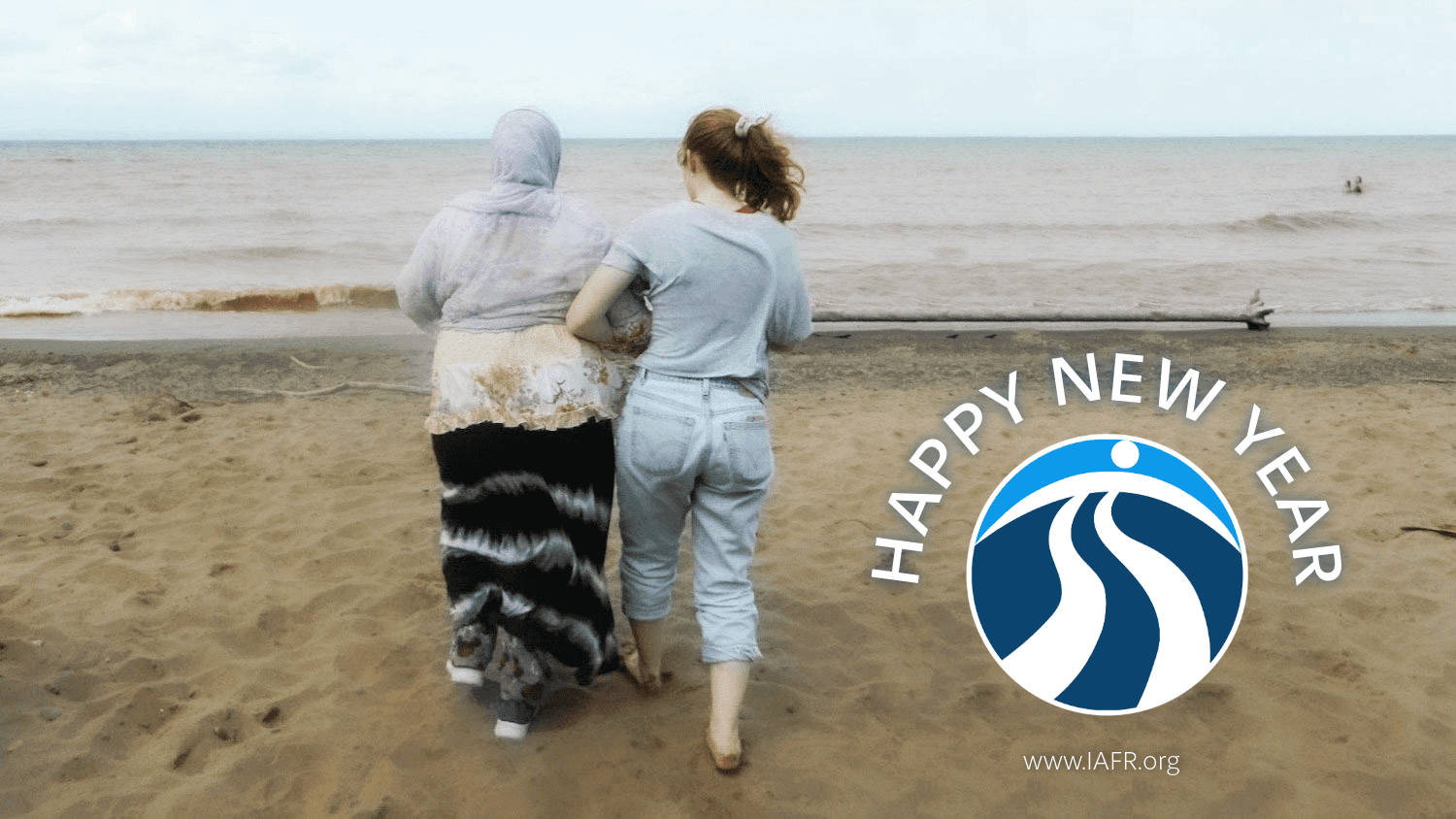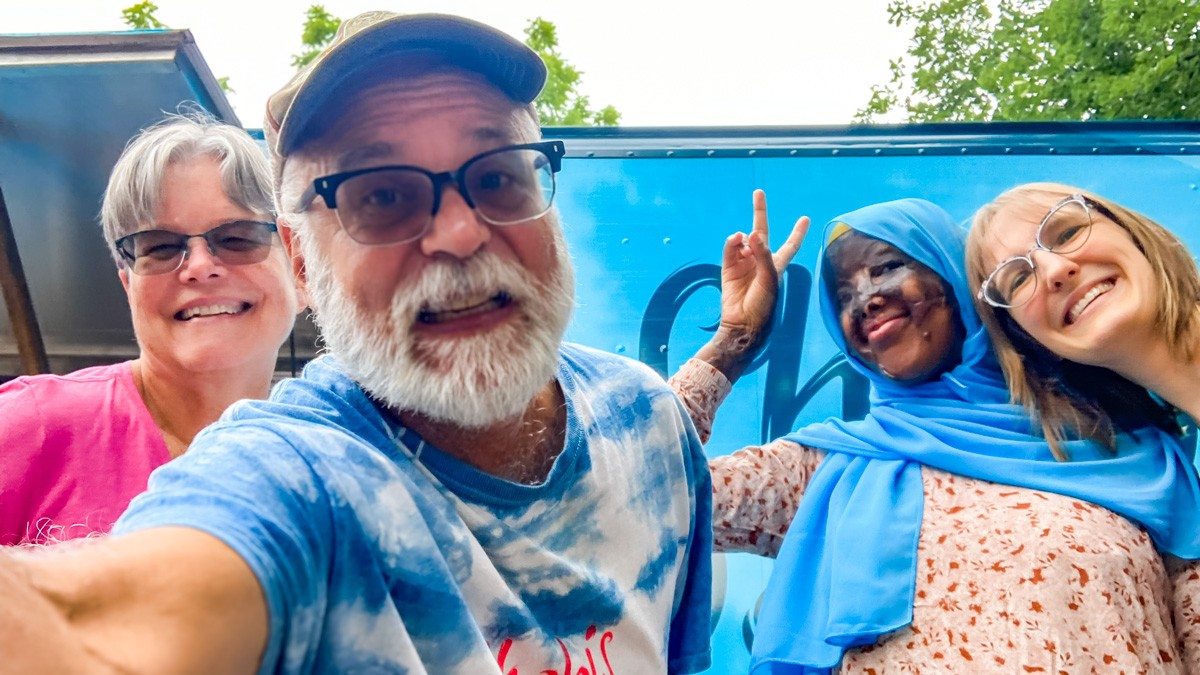Upside Down
Mar 20, 2025
- Whitney Gerdes with Rachael Lofgren
"What are you seeing, and what is happening in Sudan?" I asked Bishop Alex from South Sudan.
Do you really want to know?
The Bishop looked taken aback, "Do you really want to know about the refugees?" he asked hesitantly. He reminded me of the reality that even in the church, displacement is a fraught topic of discussion.
I had been invited to speak at this meeting of leaders from varying countries gathered in Finland. Pastors from Myanmar and South Sudan, Ethiopia and Taiwan, Cambodia, and Hong Kong, as well as the local European church, were represented.
We sought to elevate and highlight the voices and experiences of the global church in the presence of the local church. My particular focus in speaking was the power of the gospel for the person experiencing displacement.
He changed my perspective
Later a Finish Leader shared the impact that Bishop Alex's stories had on him. "I wouldn't have known what was happening. And I needed to hear what he had to share. It's changed my perspective," the local pastor shared. Another pastor spoke about how talking to a local pastor who had immigrated from Myanmar made him realize there were probably many other local refugee pastors he knew nothing about.
They need more than aid. They need relationships.
The clear message in the room was that these European believers were realizing, some for the first time, that the refugees coming to their neighborhoods did not just need their clothes and charitable aid. They needed their friendship and welcome through relationships. And many of those new neighbors were fellow brothers and sisters in Christ.
As I witnessed these beautiful conversations, I saw the European pastors beginning to wake up from their worries about the shrinking European church to the vision I believe God is casting for the church in the context of the global displacement crisis. In my context, the European church is being invited to embrace the significant value of the migrant church proliferating in their neighborhoods. God is inviting them to walk across the street and partner with their brothers and sisters from around the globe.
What happened in that room made me think of my Iranian friend who talked about his arrival in Europe as a believer. He said he realized soon after his arrival that many people he passed appeared unhappy and stressed. He thought, well, perhaps God brought me to Europe for this very reason. I have the joy of the Lord in me and I want to share that. And so I'm going to start smiling at people. But everyone looked at me weirdly, so I stopped.
"Some of them are nice."
But I knew I was here for a reason, and I thought, "Well, maybe I can help people." One day, I helped an old woman carry her groceries home. As I followed her up the stairs with my hands full of bags, she turned to one of the neighbors in the hallway and said, "So it turns out not all of them are bad. Some of them are nice. And I knew then that Jesus had me come from Iran to Europe to share Jesus with my European neighbors."
In that conversation, I recognized a move of God I had not heard voiced in all my years of refugee work. God is equipping the migrant church to be missional to the West as much as He is moving the Western church to be the welcoming hands and feet of Jesus to their global neighbors.
This is so like our God and His upside-down kingdom. The guests of honor are on the margins, and he is bringing the gospel to the rich and stressed through the kindness of the vulnerable and the stranger. This is the kingdom of God.
Other Featured Posts

Reciprocity: experiencing God's blessings together
Feb 19, 2026

An empty seat
Feb 4, 2026

Statement Concerning ICE in Minnesota
Jan 23, 2026

Harvest Season at Hope Community
Jan 15, 2026

Happy New Year!
Dec 31, 2025

Merry Christmas from IAFR
Dec 23, 2025

Love Made Me Forget My Scars
Dec 17, 2025

Hope Has a Name
Dec 10, 2025


